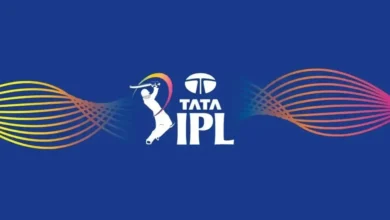-
Tech

The Ultimate Motorcycle Makeover: Radiant Cycles’ Transformation Tips
Revving up the excitement, Radiant Cycles presents the ultimate guide to transforming your motorcycle into a sleek, powerful machine that…
Read More » -
Apps

Custom Healthcare Mobile Apps: Improving Patient Outcomes
Personalized care and good communication are two things that traditional healthcare systems frequently need help to achieve, which results in…
Read More » -
Gaming

IPL and the influence of team partnerships with technology companies
The Indian Premier League (IPL), since its inception in 2008, has established itself as a global phenomenon, not just for…
Read More » -
Gaming

The significance of IPL player innovation
The Indian Premier League (IPL), since its inception in 2008, has revolutionized cricket not just as a sport but also…
Read More » -
Uncategorized

IPL and the evolution of cricket-themed space exploration projects
The Indian Premier League (IPL), since its inception in 2008, has transcended the boundaries of sport, impacting various aspects of…
Read More » -
Gaming

The role of team STEM educators in IPL squads
Within the pulsating arena of the Indian Premier League (IPL), where the spotlight often shines brightest on the players, there…
Read More » -
Gaming

IPL and the growth of cricket-themed STEM initiatives
Cricket biomechanics, a relatively nascent field within the broader realm of sports science, focuses on analyzing the mechanics of cricketing…
Read More » -
Gaming

The impact of IPL on the careers of cricket biomechanists
The IPL, with its fast-paced format and relentless schedule, has served as a crucible for innovation in cricket biomechanics. The…
Read More » -
Uncategorized

Unlocking the Ultimate Streaming Experience: Top Tips for Optimization
In the digital age, streaming has become integral to our entertainment landscape. With a plethora of content available at our…
Read More » -
Gaming

How to Find the Best Online Casino Sites in the US.
The top US 카지노사이트 casino sites provide an expansive selection of games and accept real money deposits from players. Furthermore,…
Read More »
